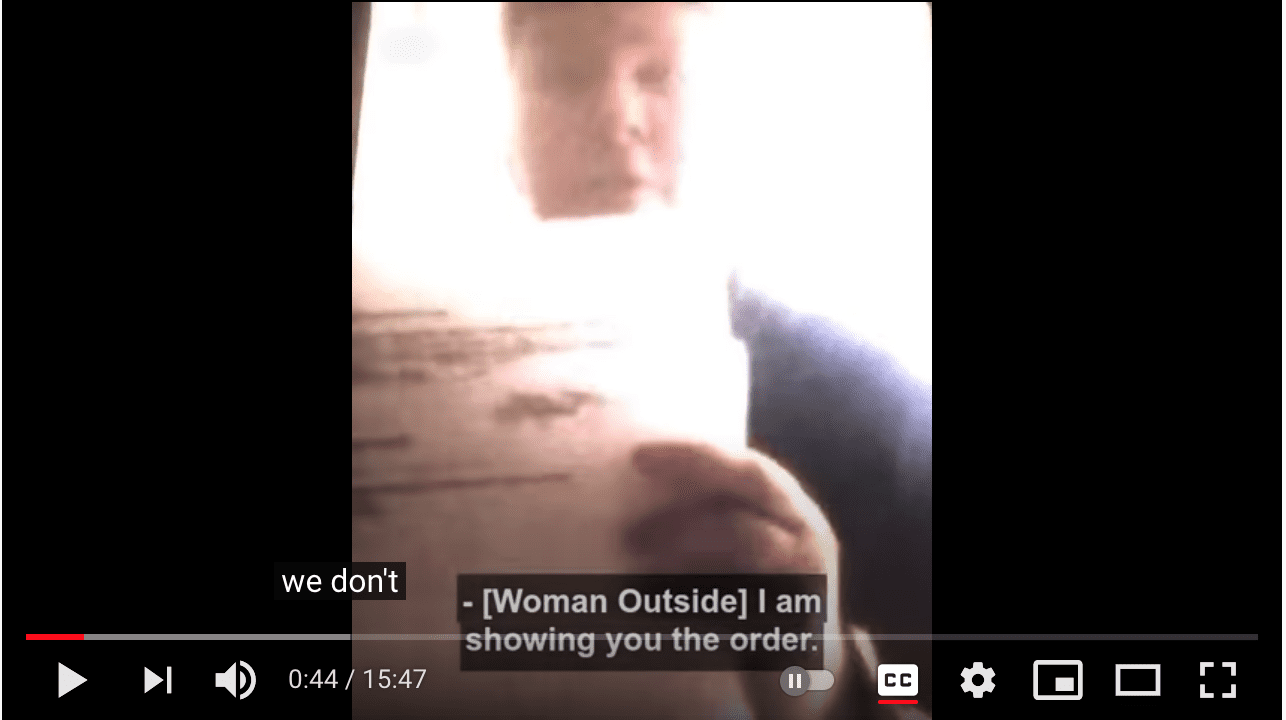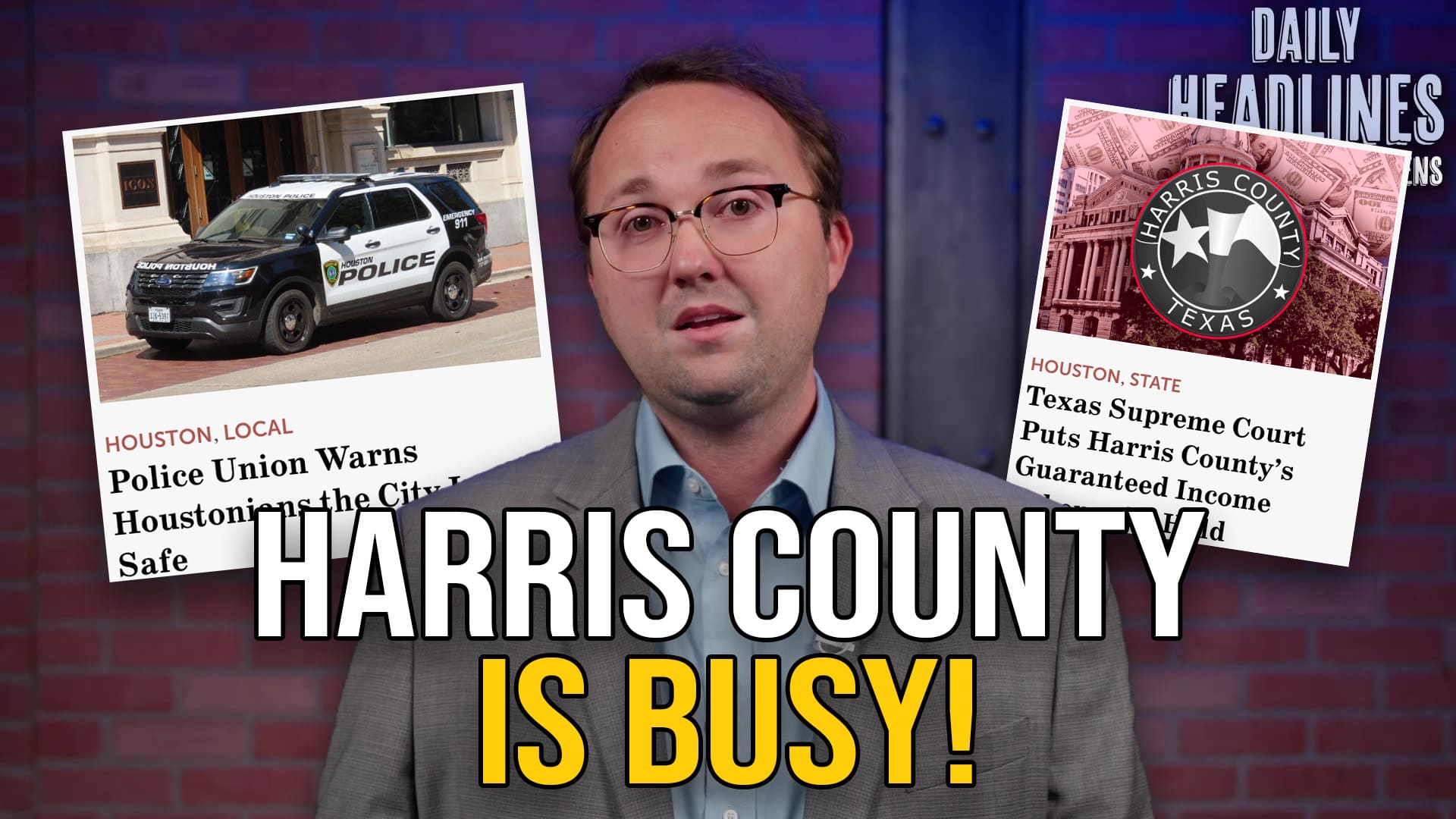A bill mandating parents be informed of their right to record when Child Protective Services investigators interview them has passed out of committee and awaits the lieutenant governor scheduling it for a floor vote. However, the bill also levies a fine if that recording is shared online.
A consultant on CPS issues has issued a call to action for citizens to contact their state senators and ask them to oppose House Bill 135.
When CPS investigators interview parents, language in the Senate committee version of HB 135 by State Rep. Ina Minjarez (D–San Antonio) requires the parents to be informed orally and in writing that they have the right to record only by audio or video. But the bill also makes it a Class C misdemeanor—maximum $500 fine, no jail time—to share the recordings online. The recordings would also be subject to subpoena.
Supporters say this bill mandating parents be informed of their right to record is a significant step towards holding CPS accountable, as many parents aren’t aware they have that right. But critics have raised concerns about the portion of the bill fining parents if their recordings are published on the internet.
“HB 135 would actually limit, rather than empower, Texas parents,” State Sen. Bob Hall (R–Edgewood) told Texas Scorecard. “Currently, parents are able to record any interaction with CPS they choose to record and use the recording in any way they choose. HB 135 would create a criminal penalty should a parent choose to post a recording on social media.”
Krista McIntire, a consultant on CPS cases, agreed. “If you post your audio or video recording of a CPS interview online, you can now be charged with a Class C misdemeanor. This bill is NOT a parental rights bill,” she posted.
“Also, while the bill would require CPS to notify a parent of their right, it does not require they be notified that if a parent records, so will [CPS],” Hall continued. “Nor is there a requirement to notify parents they are being questioned for something that could become a criminal investigation, and their recording could be used against them.”
Hall linked the language of this bill to what happened in the 2019 Pardo case, in which CPS illegally took 4-year-old Drake Pardo from his parents, Daniel and Ashley Pardo. CPS eventually admitted they had no justification for taking Drake, and the Texas Supreme Court ordered that he be returned home. Last December, Daniel and Ashely Pardo were finally removed from Texas’ child abuse registry.
“When Drake Pardo was forcibly removed from his family, they were able to record the incident,” Hall said. “Had this bill been in effect at that time, the Pardo family might still be fighting to get their son home and facing criminal penalties.”
“Watch the video that was a major part of bringing Drake Pardo home,” McIntire asks citizens. “The nation helped fund this little boy’s return partly because we advised the Pardo family to record.”
On April 9, HB 135 passed the Texas House by a vote of 144-0 and was voted out of the Senate Health & Human Services Committee on May 13 by a vote of 8-1. State Sens. Lois Kolkhorst (R–Brenham), Charles Perry (R–Lubbock), Cesar Blanco (D–El Paso), Dawn Buckingham (R–Lakeway), Donna Campbell (R–New Braunfels), Borris Miles (D–Houston), Beverly Powell (D–Burleson), and Kel Seliger (R–Amarillo) were the eight votes in favor; Hall was the only vote against.
The bill now waits for Lt. Gov. Dan Patrick to schedule it for a vote by the full Senate.
McIntire has issued a call to action for citizens to contact their state senator and ask them to oppose HB 135. “What is the department trying to cover up?” she asked.





